Introduction:
Perseus is one of the most famous mythological heroes of classical Greece, known for his heroic deeds and divine lineage. He is known for slaying the fearsome Gorgon Medusa, rescuing the princess Andromeda from a sea monster, and for his involvement in multiple other stories of cunning and bravery. Through his many adventures, Perseus has become one of the most popular figures in Greek mythology and his legacy is still strong today. In this article, we will explore the myths and stories of Perseus and the lessons that we can still learn from them.
Point 1: The Parentage of Perseus
1. His Father: Perseus was the son of Zeus, the Greek god of the sky and thunder, and Danae, the daughter of Acrisius, the King of Argos. Zeus seduced Danae in the form of a shower of gold, and Acrisius locked her away to prevent the prophecy of her son overthrowing him from coming true.
2. His Grandfather: His grandfather was the Titan Oceanus, god of the sea, and his half-brother was the war god, Ares. This divine heritage was believed to have given Perseus many godly abilities such as strength, agility, and invincibility.
3. His Mother: Danae was born to the king and queen of Argos, Acrisius and Eurydice. She was a great beauty and was much admired by the gods. She was also renowned for her courage and her willingness to accept her fate, even in the most dire and difficult of situations.
Point 2: The Birth of Perseus
1. The Prophecy: There was a prophecy that the son of Danae would overthrow King Acrisius, and so he locked Danae away in a bronze chamber beneath the palace. However, Zeus was still able to get to her, and Perseus was born. Acrisius put Danae and the baby in a sealed chest and cast them out to sea in the hopes of avoiding the prophecy.
2. The Box: After many adventures, the box was discovered off the coast of the island of Seriphos by the fisherman Dictys who brought them to his brother, the King Polydectes. Polydectes kindly took them in and Perseus then began a life of adventure.
3. Growing Up: Perseus grew to be a strong, brave young man who was determined to make a name for himself and also fulfill the prophecy of his father. He became an accomplished hunter and warrior and was renowned for his skill in battle and for his cunning. He was also a very intelligent young man, who was able to figure out complex problems and outwit his enemies.
Point 3: The Quest of the Gorgon Medusa
1. The Quest: Perseus was tasked with the seemingly impossible task of slaying the fearsome Gorgon Medusa. She was a creature with snakes for hair, and anyone who looked upon her would turn to stone. He was given a magical shield from Athena, a helmet of invisibility, a pair of winged sandals, and a sword from Hermes to help him on his quest.
2. The Slay of Medusa: Perseus eventually succeeded in his mission, slaying the Gorgon Medusa with the help of his magical items. After cutting off her head, he placed it in a sack and used it as a weapon to turn his enemies to stone. After his victory, Perseus returned to Seriphos as a hero.
3. The Aftermath: The slaying of Medusa was seen as a great victory for Perseus, as he had managed to complete the seemingly impossible task. He was praised as a hero and a savior and his fame and popularity rose throughout the land. He was seen as a symbol of courage and strength, and his stories inspired many future heroes.
Point 4: The Rescue of Andromeda
1. The Story: Perseus’s next famous deed was the rescue of Andromeda from a sea monster. It was said that Andromeda’s mother had angered the gods, and as a punishment she was chained to a rock in the ocean to be eaten by a sea monster. Perseus heard of her plight and set forth to save her.
2. Fighting The Monster: Perseus used the head of Medusa to turn the monster into stone and he managed to set Andromeda free. As a reward for his bravery, he was presented with Andromeda’s hand in marriage, and they lived happily ever after.
3. The Legacy: The story of Andromeda and Perseus is one of the most famous stories in Greek mythology. It is a tale of courage and perseverance in the face of adversity, a reminder that with enough determination and ingenuity, no obstacle is too great.
Point 5: The Wedding of Cassandra
1. The Story: After rescuing Andromeda, Perseus went on to marry the Oracle of Apollo, Cassandra. He was determined to win over the Oracle and prove his worth, and eventually he succeeded. He won her heart and they were wed in a lavish ceremony that was attended by gods and mortals alike.
2. The Symbolism: It is believed that the wedding of Perseus and Cassandra symbolizes the power of faith and courage in the face of adversity. Cassandra was an oracle and her power was feared by many. Her willingness to accept Perseus, despite his low birth, is a reminder that no obstacle should be considered too great to overcome.
3. The Legacy: The wedding of Perseus and Cassandra is a reminder of the importance of faith and courage in the face of difficulty. Perseus’s perseverance and determination to win over Cassandra gives us a lesson that when we have faith in our convictions, we can overcome even the most daunting of odds.
Point 6: Perseus in The Modern Day
1. Popularity: The legacy of Perseus lives on in modern pop culture, with many movies, television shows, and books depicting his adventures. He is seen as a timeless symbol of courage and strength, and is a popular figure in many cultures.
2. Beliefs: Many still believe in the stories of Perseus today. They see him as an inspirational figure, and use his tales as lessons for life. His stories are used to teach the importance of courage, faith, and determination, and to remind us that with enough ingenuity, no obstacle should be insurmountable.
3. Contemporary Relevance: Despite his ancient origin, the stories of Perseus remain relevant and inspiring today. His struggles and triumphs still inspire us to believe in ourselves, and to try and overcome the obstacles that we face in our lives.
Conclusion
The tales of Perseus are as alive and inspiring today as they were in ancient times. He is remembered as a symbol of courage and strength, and his stories have inspired generations of heroes. His adventures demonstrate the power of faith in the face of adversity, and remind us that we can achieve the seemingly impossible if we are determined and have enough ingenuity. Perseus is a timeless figure and his legacy will live on for many years to come.
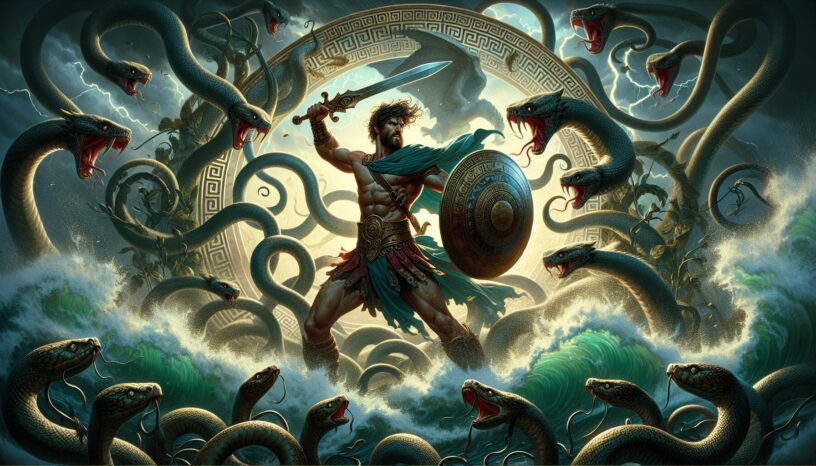
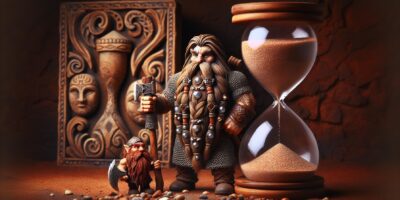
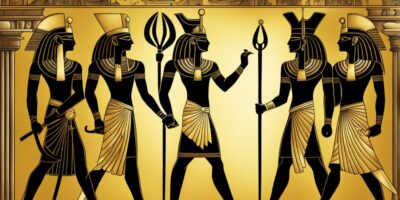

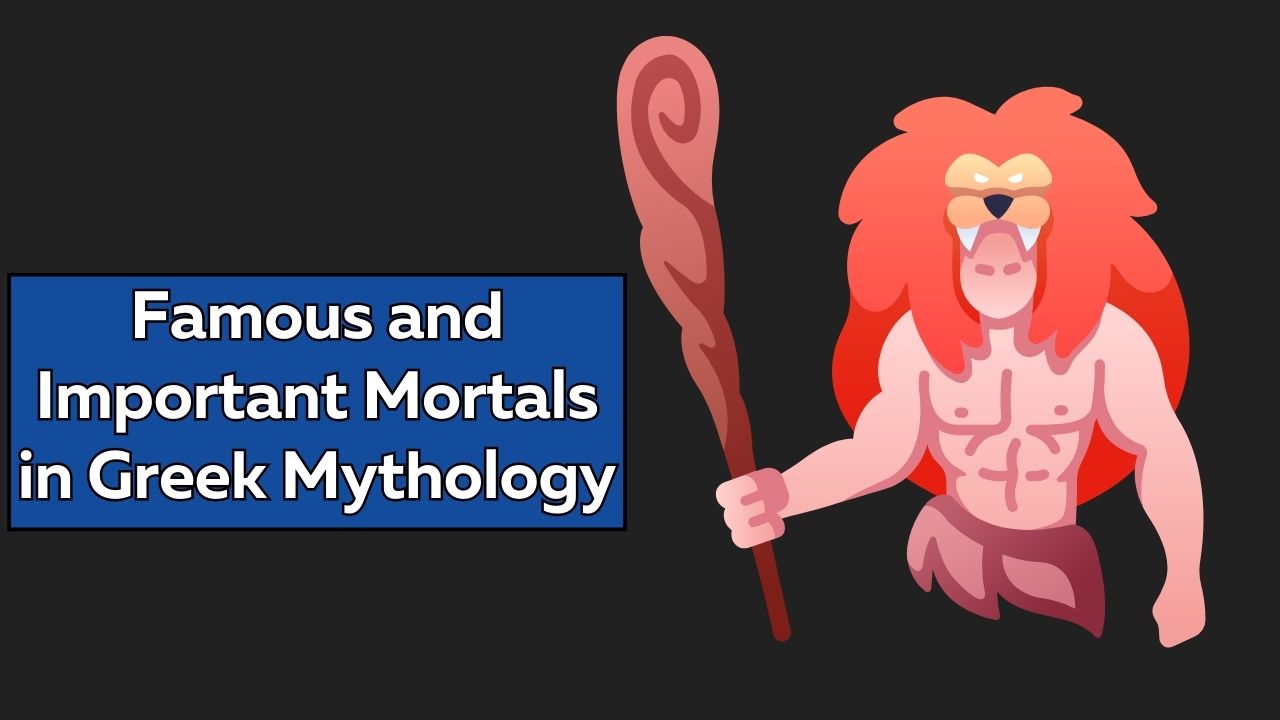
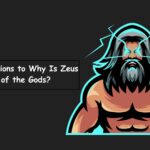

Leave a Reply